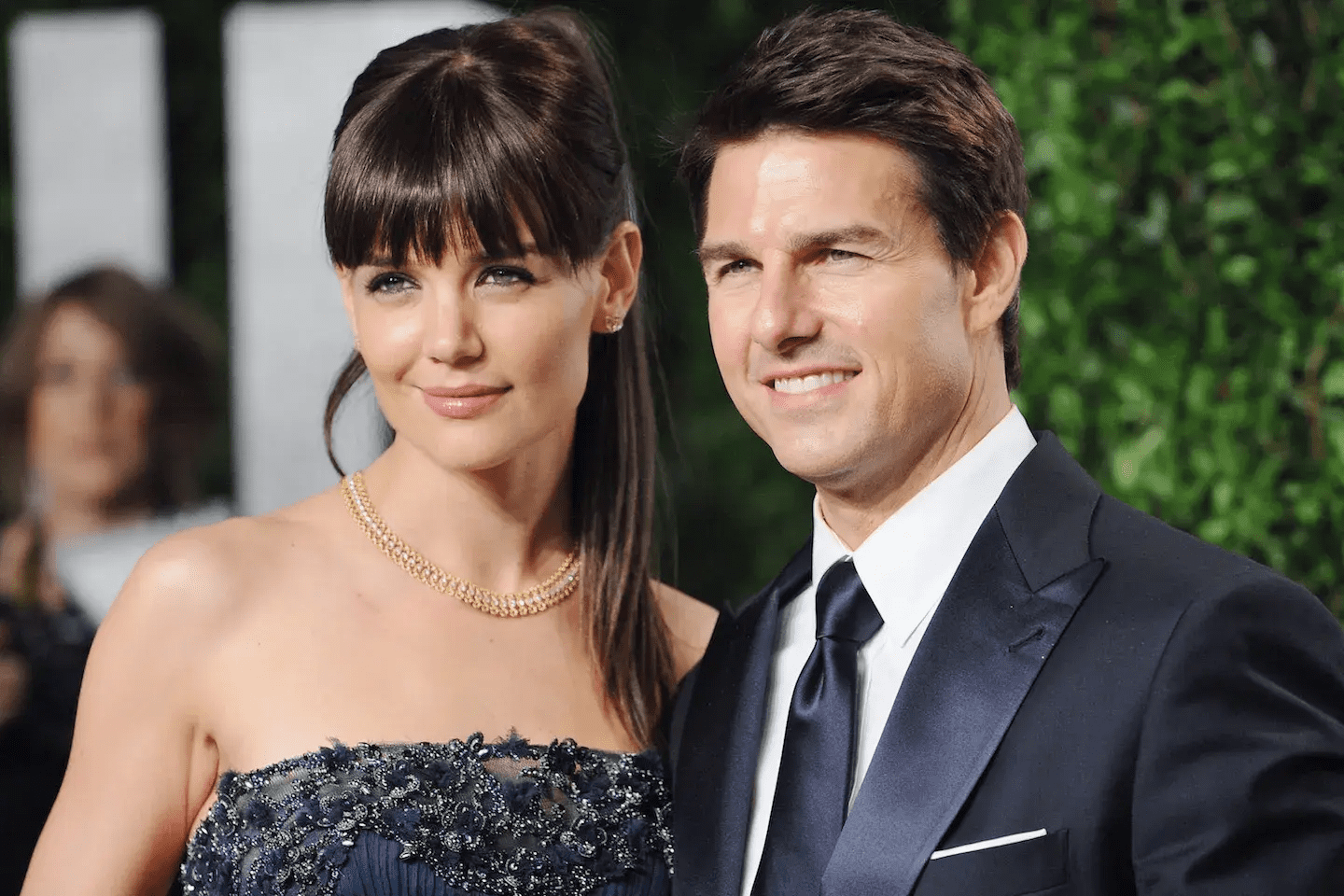Usually people with huge wealth are cushioned from the kind of stress and tensions that can lead to family breakdown. So it would be reasonable to think that wealthy celebs would have the lowest rates of divorce. In fact the reverse is true. Celebrities as a group divorce at roughly double the rate of us ordinary mortals.



